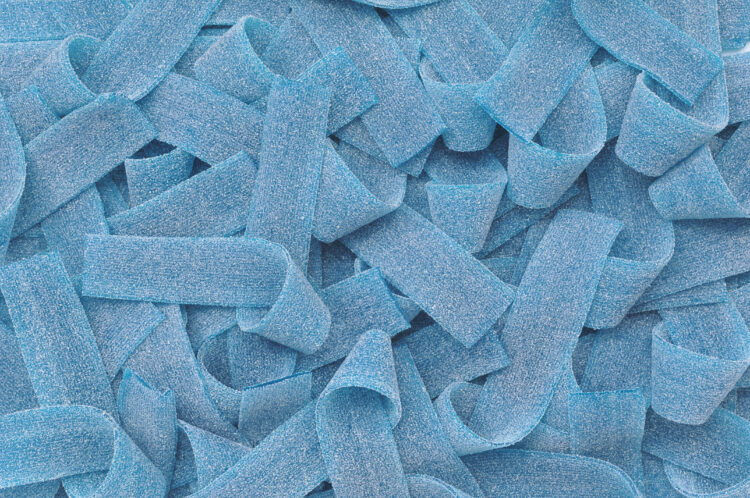Onsite & Remote Troubleshooting with Molecular Sieve Supplier Partner W.R. Grace & Co.

Ineffective dehydration of gas feeding a cryogenic NGL recovery (cryo) unit can lead to significant operational issues and mechanical failures, potentially resulting in costly downtime and equipment damage. A customer with a recently installed molecular sieve system was experiencing moisture slipping into the cryo unit. Quadra’s technical team and molecular sieve supplier partner, W.R. Grace & Co. collaborated with the customer’s operations and engineering team to diagnose and troubleshoot the observed issues.
Off-site assessment is possible with a deep understanding of the processes and product capabilities:
In a MS Teams meeting, Quadra’s Technical team in partnership with Grace reviewed the operating parameters for the molecular sieve dehydration beds. The initial diagnosis was that regeneration was incomplete after the timed regen heating cycle was switching to the cooling cycle. A detailed review of the regeneration procedure was completed, with the conclusion being that regeneration cycle needed to be lengthened at an increased regen gas flowrate based on current water load in the beds. Quadra’s technical service engineer and the Grace technical expert also recommended to the client that the regeneration gas scrubber be closely monitored throughout the regen cycle to monitor when the bulk of the water was being removed from the molecular sieve.
The result? An optimized molecular sieve dehydration process meeting specifications and improved operational efficiency
Quadra’s technical team followed up with the natural gas processing plant after their recommendations were implemented over a period of several days. The customer’s engineering and operations reported back that the driers have been performing better than ever, meeting all required performance specifications and matching the Grace predictions, with no negative issues!
Discover more solutions on our natural gas processing page.




